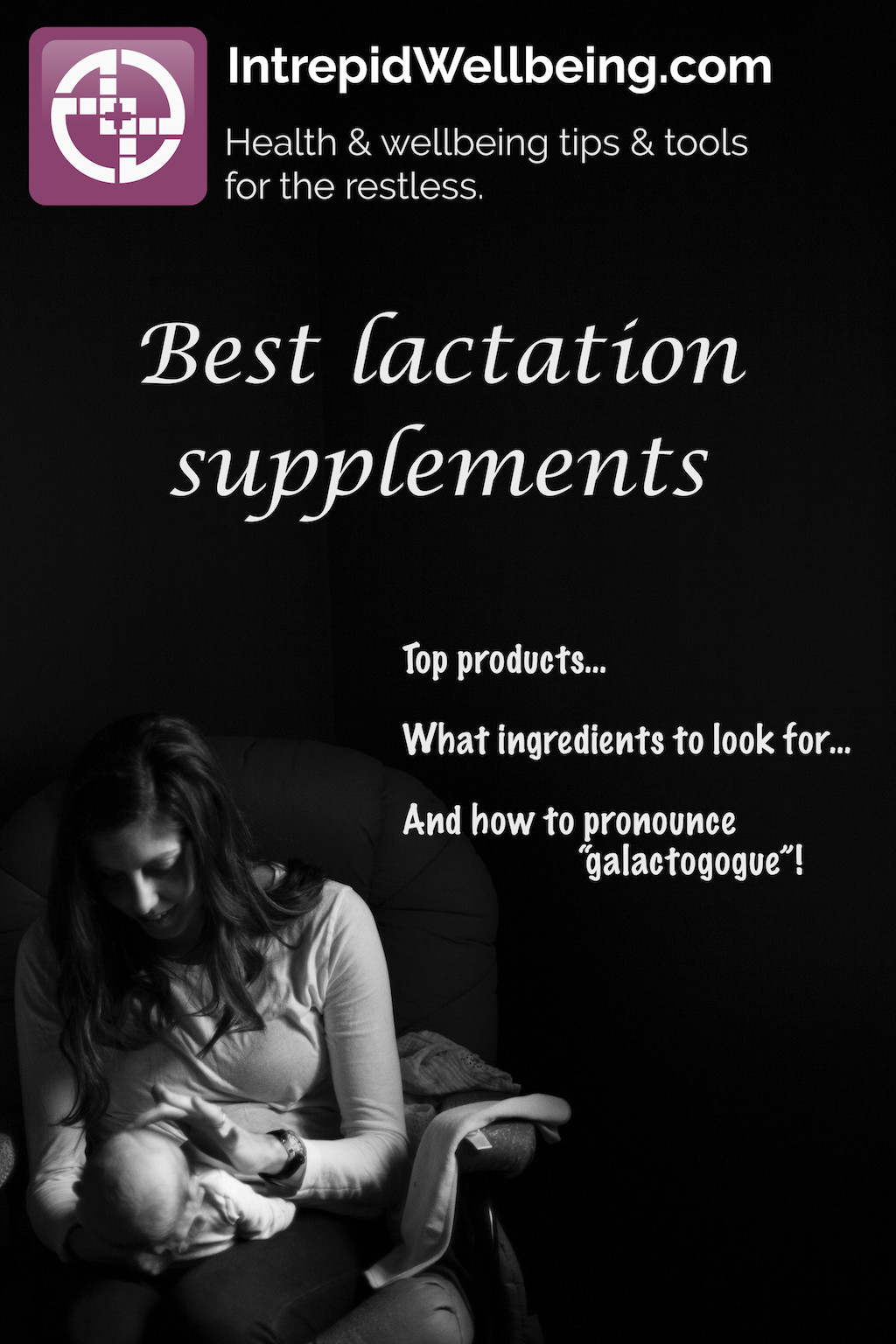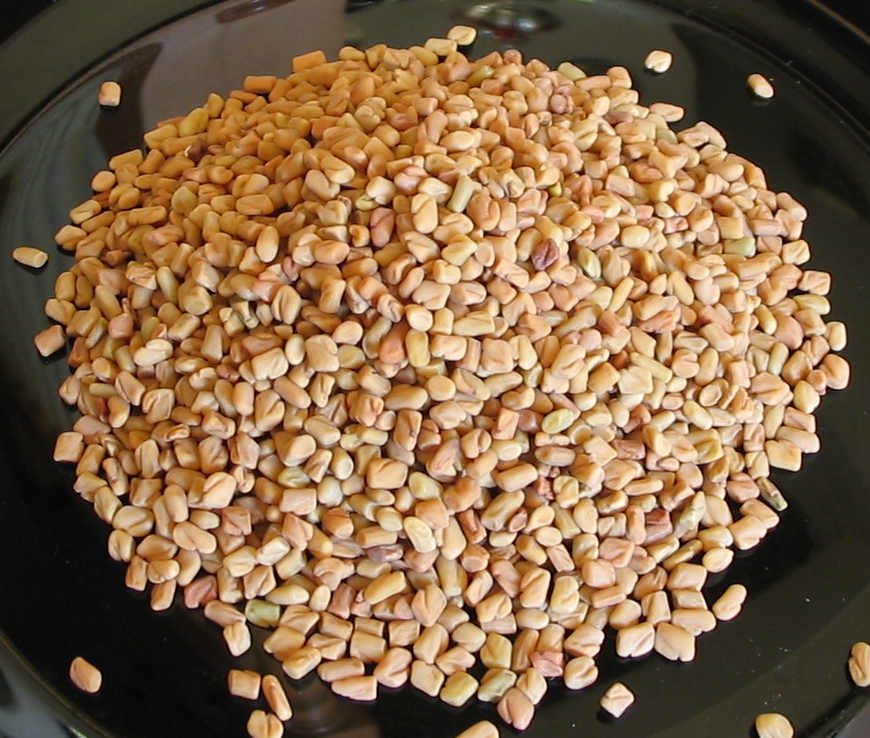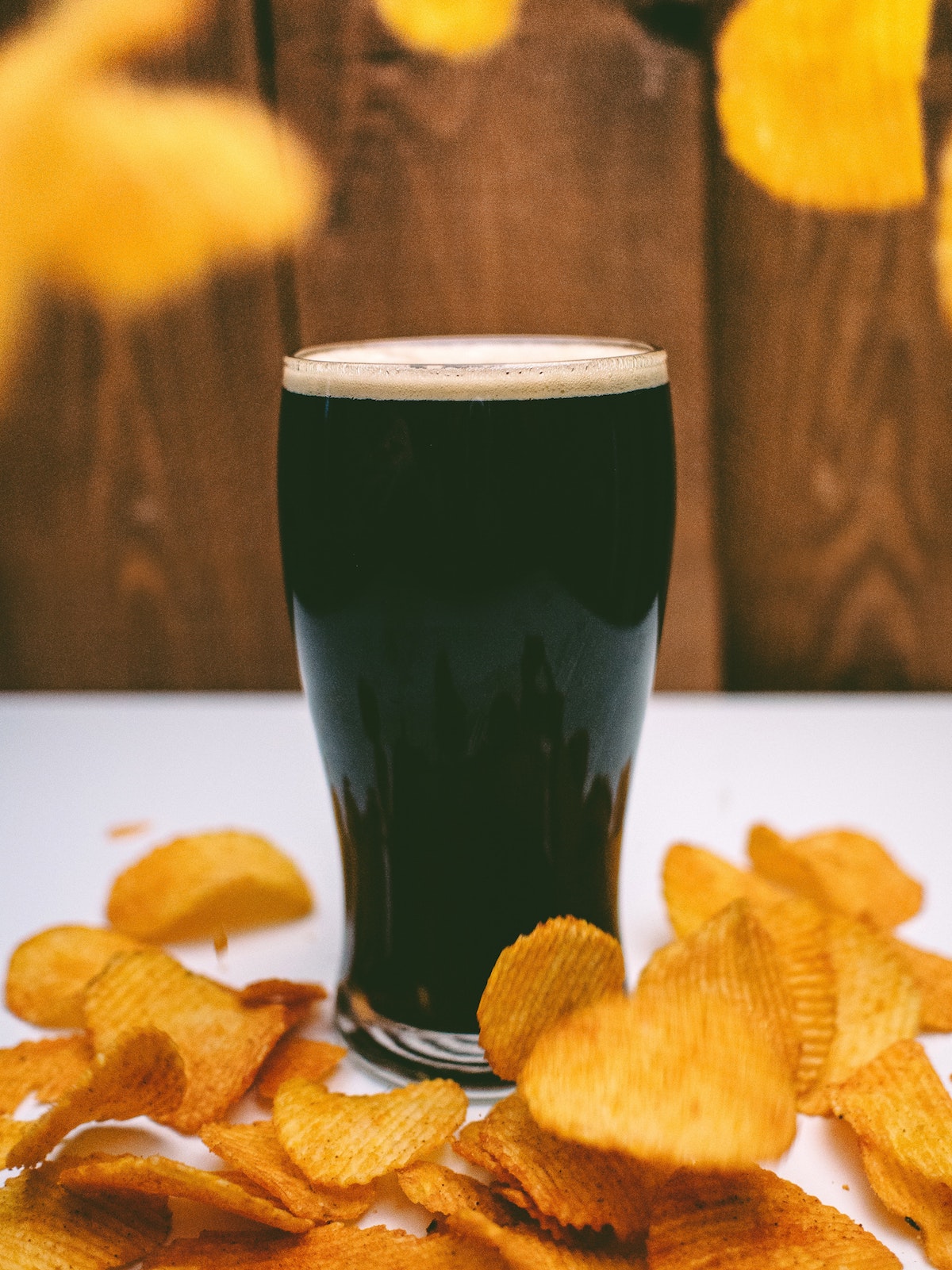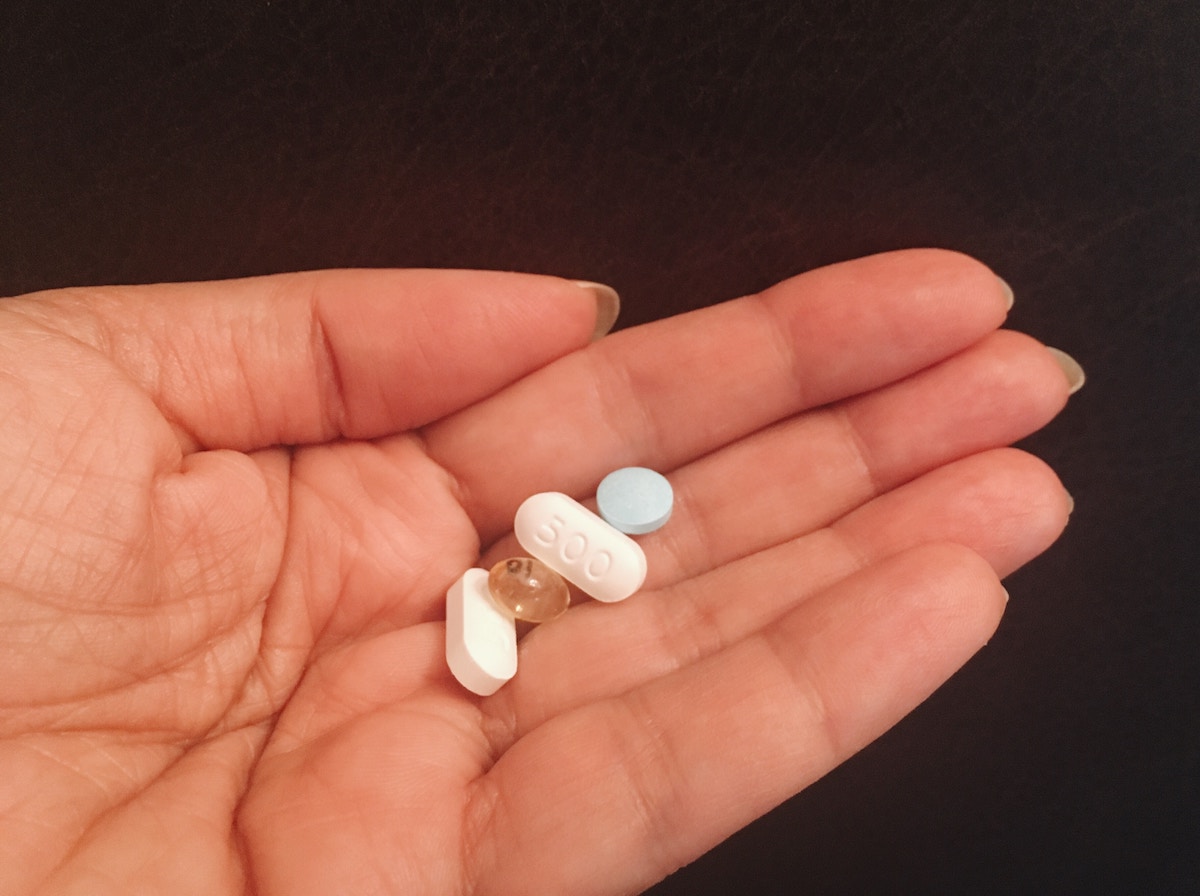After spending around nine months growing a human inside your body, you’re now considering feeding that human exclusively with food that you make with your body. Doesn’t that sound tough? It’s okay to find it hard, there’s help out there. In this article, we discuss how lactation supplements can help, what to look for in the best ones, and also include our top-5 product picks so you don’t have to do all the research yourself.
All the products listed on this page were selected entirely through own internal editorial process. We were not paid to include, or exclude, any products. If you buy something through this page, we may get a small share of the sale.
We know that breast is best for babies’ immune systems. Breast milk gives them the most precisely perfect, tailored blend of nutrients possible. We also know that breastfeeding helps your body recover from pregnancy and childbirth, reduces your risk of breast cancer, and can help burn pregnancy weight – so it’s great for the mother as well as the baby.
5 best lactation supplements to increase breastmilk supply
You can read on below to find out about why lactation supplements are a good idea, as well as specifics on the nutrition involved and the role of galactagogues vs. vitamins and minerals, but to start off here are our top 5 picks of the best lactation supplements that many nursing mothers will find helpful.
Honest Lactation Plus

This is our 🌟TOP PICK🌟 - if you just want to pick one product now, choose this!
These gluten-free tablets contain fenugreek and fennel, packing a powerful galactogogue-rich cocktail. They don’t contain vitamis and minerals for the mother’s postnatal health, but if what you’re looking for is a supplement to increase your milk supply, this will do the trick. Some people claim to have experienced an increase in supply within 3 days of starting this supplement, so it can be highly effective. But of course, your mileage may vary. There is a mild herbal taste that’s not too much of a bother for most people.
Mother Knows Best Goats Rue Pills

If you don’t like fenugreek, this is a good choice.
Fenugreek isn’t for everyone due to the taste that some people find offputting even when it’s mild. This product is based on goat’s rue, which is another effective galactogogue. The small, dairy-free pills are easy to swallow.
Mother Knows Best Lactation Cookies

Don’t like pills? LOVE cookies? This is the lactation supplement for you.
Having just had a baby you’ve been popping prenatal pills for the past 9 months (or more if you started folic acid before becoming pregnant - which you should but that’s a whole different topic). Maybe you’re sick of pills. Good news, lactation supplements come in cookie form! You will see below that oats are a form of galactogogue, which is why many oat cookies are marketed as lactation cookies, but this product goes further and packs in brewer’s yeast as well, for a potent milk-inducing combo. Although this mix form seems inconvenient compared to ready-made, nothing beats a freshly baked cookie, and these chocolate chip cookies will bake in under 10 minutes, just add butter, egg, and water. Ready-made oat lactation cookies may be more convenient, but they can become quite dry, which makes them less enjoyable. Some people claim they saw breastfeeding results within a day. The additional iron, vitamin A, and calcum are a plus too.
NOW Foods Brewer’s Yeast

An inexpensive, straightforward, bulk quantity option. Vegan-friendly too.
Are you vegan or vegetarian? Then these easy-to-swallow brewer’s yeast tablets are for you. Although it’s not marketed specifically as a lactation supplement, brewer’s yeast is a well-known galactogogue, so it will do the trick, and is relatively cheap compared to a lot of other tablets that are marketed as lactation supplements. 200 pills per-bottle is quite a lot, but brewer’s yeast has lots of other uses besides as a lactation supplement, so it’s worth checking out.
UpSpring Baby Milkflow Fenugreek Powder Berry Drink Mix

The best option for people who prefer drink-based supplements.
What if you could get your lactation-boosting with a gluten-free beverage? If that sounds good, then this fenugreek-based berry flavoured powder drink is for you. If you don’t enjoy the taste of stevia then this might not be for you, but that’s not necessarily a deal-breaker because you can mix it with a juice, smoothie, maybe add some crushed ice, or any other beverage to tweak the taste to your liking. Some people claim results within as little as one day - which is not that hard to believe, seeing as fenugreek is known to be a powerful galactogogue. The problem some people have with fenugreek is the taste/smell when consumed in pill form, so maybe powdered drink form may be the way to go for you. The downside is that it is a bit more expensive than fenugreek pills.
Combine them!
Our top 5 picks include lactation supplements in various forms: pills, powdered drink, and cookie mix. There’s no reason you can’t combine them and alternate. Feel like a cookie today? Preheat the oven. Frantically running around today? Pop a pill. Lactation supplements are not something you need to stick to a strict dosage for like medication, so you could consider getting two different types.
Fenugreek + Fennel Pill:
Goat’s Rue Pill:
Brewer’s Yeast Pill:
Cookie mix:
Drink mix:
QuickNav: Why do I need lactation supplements? ≫ QuickNav: What on earth are galactogogues? ≫

The role supplements can play to support breastfeeding
Some people are against nutritional supplements, believing that all anyone needs is a balanced diet. Our opinion is that while supplements are not strictly necessary, they can be very helpful, especially when dealing with the high demands on a woman’s body due to pregnancy and then breastfeeding. Prenatal supplements are highly recommended for the wellbeing of mother and baby. But where do supplements come in when we’re talking about breastfeeding?
First, let’s talk about some other things that support breastfeeding. The best physiological means to stimulate and maintain lactation is by actually secreting breastmilk, ideally by actually trying to breastfeed as an exercise even if you think the baby isn’t getting much milk because the suction stimulates slow. Additionally, pumping can also be highly effective - in fact many women breastfeed and pump to induce and maintain a good flow. External help is also available through lactation consultants who can help nursing mothers develop new techniques, and also deal with specific challenges.
The more breastfeeding support we get, the more likely we are to continue breastfeeding, and it’s especially important to reach out for support when dealing with extra challenges like the complications that jaundice can introduce to breastfeeding. Exercising breastfeeding, pumping, and engaging a lactation consultant is great, but they don’t address one important issue: the nutrition required to breastfeed successfully. There are two aspects to the nutritional challenges of breastfeeding: simply feeling good enough to breastfeed, and gaining the specific nutrition known to be beneficial for breastfeeding.
QuickNav: Go back to top-5 picks ≫
Breastfeeding is nutritionally hard on mom
It’s not just about the baby; you need to feel great too, and you need to be up to the task of one of the most physically draining (literally) things you can do: breastfeeding.
The best thing you can do when you’re breastfeeding is to look after yourself; you’re too important to be forgotten about, even when you’re busy with a completely dependent new baby. You need to be in top condition, because you’re going through one of the most physically and emotionally demanding times of your life. A great diet is essential, but preparing healthy meals is one of the first things to fall by the wayside. While they should never be considered a replacement for healthy eating, vitamin and mineral supplements designed for breastfeeding support can play an important role in your postnatal health.
There’s an old wives’ tale that you lose a tooth for every baby you have. Luckily dental care and diets are better these days, but it’s still true that your body will deplete its own resources, in the short term, to feed your baby [1]. It’s only when breastfeeding mothers have significantly low stores of specific vitamins and minerals that the nutritional content of breastmilk is reduced [2]; this means that it’s very rare for mothers in developed countries to be unable to provide enough essential vitamins and minerals through their breastmilk. But the toll on the mother is a different question.

Specific nutrition that helps increase breastmilk supply
Besides nutrition for the general wellbeing of a nursing mother, the other consideration is supplements that can have a direct impact on the amount of breastmilk a mother may produce. Broadly speaking, there are two kinds of lactation supplements: galactagogues, and vitamin/mineral blends.
Galactagogues
What a mouthful!
Galactagogue (pronounced like “galactic” except you replace the “-tic” with “-tagog”) comes from the original Greek “gala” which means “milk”, and “agōgos” which means “leading”. It’s a mouthful for you to say, but it gives your baby a mouthful of precious breast milk, leading the way to excellent nutrition for the critical first few months of life.
Galactagogues are herbal blends renowned for inducing lactation and maintaining supply. They come in the form of pills, liquid medicines, or foods. Some herbal galactagogues have been used for hundreds of years across continents and cultures. Some of the more common ingredients with lactation inducing effects are:
- Fenugreek: probably the most commonly used galactagogue, fenugreek has been used to induce lactation and increase supply since time immemorial in some parts of the world.
- Brewer’s Yeast: a great source of many of the B vitamins and other essential micronutrients, it’s unclear whether it’s these healthy components or some other quality of brewer’s yeast that makes it a great lactation supplement, but many women swear by it.
- Oats: probably the cheapest of the common natural galactagogues, you can add a handful of oats into so many foods to bulk out your food with some milk-inducing goodness.
- Fennel: reported to enhance the natural ‘let down’ reflex, the actual ejection of milk from the nipple, fennel is commonly found in lactation blends, but not usually taken as a lone galactagogue. Lactation cookies – health supplements don’t have to be boring pills or unpleasant liquids… they can be delicious cookies! Lactation cookies contain a blend of healthy and natural ingredients designed to aid in milk production, and are tasty and easy to make, or commercially available. There are lots of recipes for making your own lactation cookies, using many of the above ingredients; try fennel oat cookies made with brewer’s yeast for an effective treat.
- Goat’s Rue: a plant that is often used to treat diabetes, goat’s rue is also often used as a galactogogue to induce and maintain breastmilk supply.
It should be noted that the efficacy of many of the above have yet to be determined with scientific rigor, and there are uncertainties around goat’s rue and others. Nevertheless, their use remains popular, and many mothercraft profesionals will recommend the use of products with these ingredients. As always, when in doubt, consult with your doctor.
QuickNav: Go back to top-5 picks ≫
Beer as a source of galactagogues

Did you know that beer contains galactagogues? The advice of yesteryear, still a favorite among family elders, is now mostly out of vogue – to have a pint of stout to get the milk flowing. Beer does contain galactagogues, but it also contains alcohol which can suppress lactation
But perhaps there might be something in granny’s argument is that it might make you a little more relaxed; getting stressed about your milk not coming in only makes it harder!
Remember that any alcohol in your bloodstream passes into your breastmilk, and if you do decide to have a drink it’s best to keep it small and time it so that you don’t need to feed your baby until the alcohol is out of your system.
Vitamins and minerals
Vitamin and mineral lactation supplements are many and varied, and the choice can be overwhelming. The options can also vary geographically, and across a huge price range. You should be able to see from a glance at the box, the nutrients the supplement contains and in what quantities. Some nutrients to look out for when choosing a multivitamin and mineral supplement include:
- B Vitamins: we now understand that the B vitamins are a range of quite separate nutrients, bundled together for largely historical reasons. They include B1 (thiamin), B2 (riboflavin) B3 (niacin), B6, B9 (folic acid) and B12. Most of the B vitamins are available in unprocessed foods and foods containing yeasts, but B12 needs special consideration for those following a diet low in animal products [3].
- Vitamin D: Vitamin D deficiency is more common than ever before, and supplementation is recommended, especially in geographical areas where there is limited sunlight, among women who routinely cover their skin, and among people who spend lots of time indoors [4]. The incidence of Vitamin D deficiency also increases in people with darker skin living in areas of low sunlight [5].
- Vitamin K: a common ingredient in maternal supplements, it’s the micro-nutrient mostly closely linked with the blood’s ability to clot properly.
- Calcium: while it’s readily available in foods of both animal and vegetable origin, it’s important to make sure you get the recommended daily amount, and this is a common ingredient in nearly all pre-natal and lactation supplements.
- Docosahexaenoic acid (DHA): quite a mouthful! This is an essential fatty acid which helps the development of the brain, and while nursing mothers can get enough by eating a couple of portions of oily fish a week, vegetarian and vegan mothers [6] will almost certainly need to take supplements.
- Iodine: sufficient intake of iodine is essential for maintaining healthy thyroid function in the nursing mother [7].
- Iron: another nutrient where your body will make sure your baby has enough, even if you become anemic along the way! As always, a healthy diet should cover your needs, but a good peri-natal vitamin will usually have a carefully controlled amount of iron.
- Zinc: another essential trace mineral, the body is remarkably good at maintaining the right levels in breast milk, so supplementation is recommended to keep mother as healthy as baby!

Can lactation supplements make your baby gassy?
You can find many mothers commenting on various mothering forums about how certain lactation supplements made their baby gassy. It’s hard to determine whether or not this is actually the case, because there could be lots of factors at play. Perhaps it’s simply the increase in supply that increases the baby’s intake rather than a problematic change in the composition of the milk.
We are not aware of any scientific studies indicating a link between the consumption of lactation supplements and the onset of reflux or other problems in breastfed newborns, but if you are aware of such research, please do let us know in the comments below!
QuickNav: Go back to top-5 picks ≫Specific is better than general-purpose
When looking for breastfeeding supplements, it’s important to remember that they’re carefully formulated for the nursing mother, and so aren’t the same as regular over-the-counter multivitamins. The right balance of nutrients is especially important when breastfeeding, and more is not always better; Vitamin A, for example, while essential in the right amounts, can be harmful in excess, and so supplementation is not routinely recommended except where there is known deficiency.
Commercially available supplements for breastfeeding mothers are formulated for general health needs, so it you’re concerned about your nutritional intake, talk to your healthcare provider about supplements. If you’re at risk of specific deficiencies you may need to be monitored by a professional, usually through blood tests.

References
Here at Intrepid Wellbeing we prefer to source information from high quality, academically rigorous sources. These are the references we used to develop this article:
- More C, Bettembuk P, Bhattoa HP, Balogh A. The effects of pregnancy and lactation on bone mineral density.. Osteoporos Int. 2001;12(9):732-7.
- Allen LH. B vitamins in breast milk: relative importance of maternal status and intake, and effects on infant status and function.. Adv Nutr. 2012 May 1;3(3):362-9. doi: 10.3945/an.111.001172.
- Allen LH. Vitamin B12 metabolism and status during pregnancy, lactation and infancy.. Adv Exp Med Biol. 1994;352:173-86.
- Mulligan ML, Felton SK, Riek AE, Bernal-Mizrachi C. Implications of vitamin D deficiency in pregnancy and lactation.. Am J Obstet Gynecol. 2010 May;202(5):429.e1-9. doi: 10.1016/j.ajog.2009.09.002. Epub 2009 Oct 20.
- Hollis BW, Wagner CL. Assessment of dietary vitamin D requirements during pregnancy and lactation.. Am J Clin Nutr. 2004 May;79(5):717-26.
- Carlson SE. Docosahexaenoic acid supplementation in pregnancy and lactation.. Am J Clin Nutr. 2009 Feb;89(2):678S-84S. doi: 10.3945/ajcn.2008.26811E. Epub 2008 Dec 30.
- Public Health Committee of the American Thyroid Association, Becker DV, Braverman LE, Delange F, Dunn JT, Franklyn JA, Hollowell JG, Lamm SH, Mitchell ML, Pearce E, Robbins J, Rovet JF. Iodine supplementation for pregnancy and lactation-United States and Canada: recommendations of the American Thyroid Association.. Thyroid. 2006 Oct;16(10):949-51.